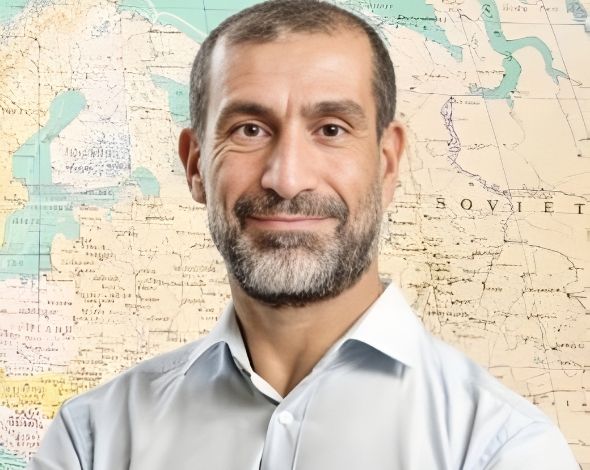Malta’s economy has demonstrated remarkable resilience and growth in recent years, weathering global economic upheavals and consistently posting impressive performance indicators. Simultaneously, the ESG economy has grown significantly on a global level paving way to great opportunities for Malta.
In the second of a seven-part series, first featured on Business Now magazine we explore the insights of Gordon Cordina, a leading economist whose professional experience spans 25 years, covering banking, policymaking, academia, and private sector consultancy.
“We are living in a time when the major driving forces of global business and the specific needs of our society and economy are converging towards the notion of ESG,” says Gordon, referencing an investment principle that prioritises environmental, social, and corporate governance issues.
“Over the past 10 years, the ESG economy worldwide has been growing by eight per cent per annum. The EU leads globally in this area, with a 45 per cent,” share he maintains, noting that the approach aligns strategically with Malta’s competitiveness advantages, which can be sustained in the long term.
This convergence presents the island with two opportunities, the economist believes: first, to embed ESG in all business activities as much as possible; and second, to develop new areas where ESG investment is the primary focus.
Acknowledging that implementing these changes requires a concerted effort from all levels of governance, including the public sector, private business, and social actors, Gordon suggests, “one way to approach this challenge is to prioritise sectors that are both highly ESG-focused and economically sensitive, evaluated from both strengths/opportunities and weaknesses/threats perspectives.”
Construction is an obvious priority sector, he points out, due to its sensitivity to ESG factors, including land and landscape impacts, energy and water use, transportation, labour force, and population implications, both during the development phase and throughout eventual occupancy.
“Construction stimulates economic demand but carries the risk of over investment if not properly planned. Additionally, the high cost of land in Malta affects both the cost of living and business price competitiveness. Yet, construction is essential to human activity and development. If managed effectively with ESG considerations, it can enhance quality of life and potentially contribute more significantly to GDP,” he maintains.
Parallel considerations apply to tourism, transport, energy, and water services, the economist continues, pointing out that these sectors are fundamental to the economy, with significant environmental impacts and associated risks. However, they also offer important opportunities if developed with an ESG perspective.
At the other end of the spectrum, Malta could seek to develop ESG driven specialisations in higher value-added activities, Gordon notes. “An ESG orientation can be integrated into the growth of IT, AI, digital business, financial services, and general consultancy services, including legal and accounting. The goal should be not only to serve the domestic economy but also to pursue export opportunities, possibly by participating in collaborative EU networks,” he states.
Meanwhile, the Blue Economy, Gordon continues, which in Malta remains relatively underdeveloped despite the country’s geographic characteristics, represents another area where ESG factors can be leveraged to build sustainable economic advantages across a wide spectrum of activities.
“This transformation will neither be easy nor quick,” he warns. “It is important to redirect attention and resources towards it as rapidly as possible to make it happen.”
This interview was first carried in the 2024 edition of Business Now Magazine, the sister brand to BusinessNow.mt and produced by Content House Group
Farsons names Alistair Martin Haber as Chief Digital and Technology Officer
He brings more than 25 years of international experience in digital transformation, infrastructure modernisation and cloud strategy across enterprise environments
Matthew Ellul Sullivan assesses how Middle East war could impact Malta
He said that Malta could be negatively impacted if the closure of the Strait of Hormuz results in fewer vessels ...
MedservRegis Co-CEO: Disruption to Middle East operations minimal, no evacuation required
Olivier Bernard says the group’s operations remain largely unaffected and there is currently no need to evacuate staff.
IZIGROUP: From market leadership to international ambition
Over the past few years, IZIGROUP has been 'methodically laying the groundwork for international growth,' says Founder and CEO Johann ...









